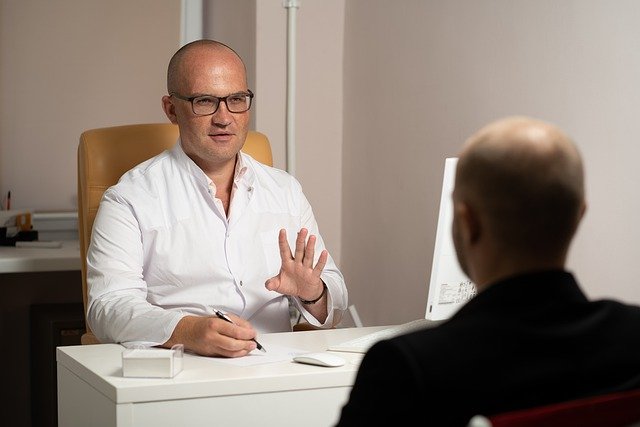
An Australian Travels to Denmark’s Dementia Village to Confront His Diagnosis
Struggling with early onset dementia, Greg Kelly traveled from Australia to Denmark to see what life would be like in a dementia village. He was surprised by what he saw.

Struggling with early onset dementia, Greg Kelly traveled from Australia to Denmark to see what life would be like in a dementia village. He was surprised by what he saw.
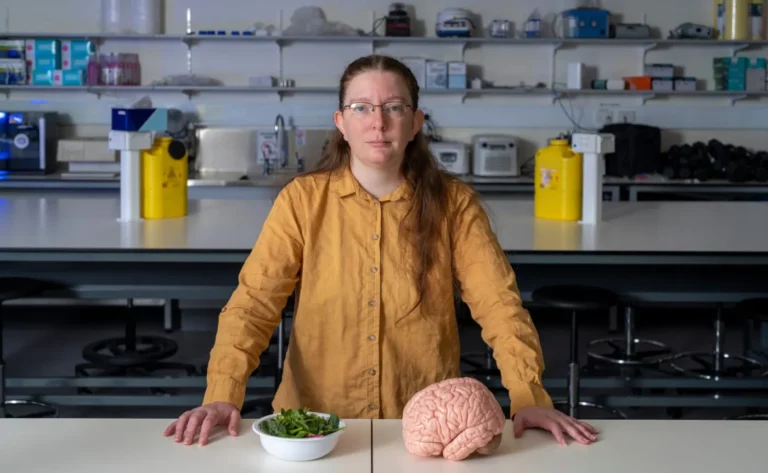
More magnesium in our daily diet leads to better brain health as we age, according to scientists from the Neuroimaging and Brain Lab at The Australian National University (ANU).
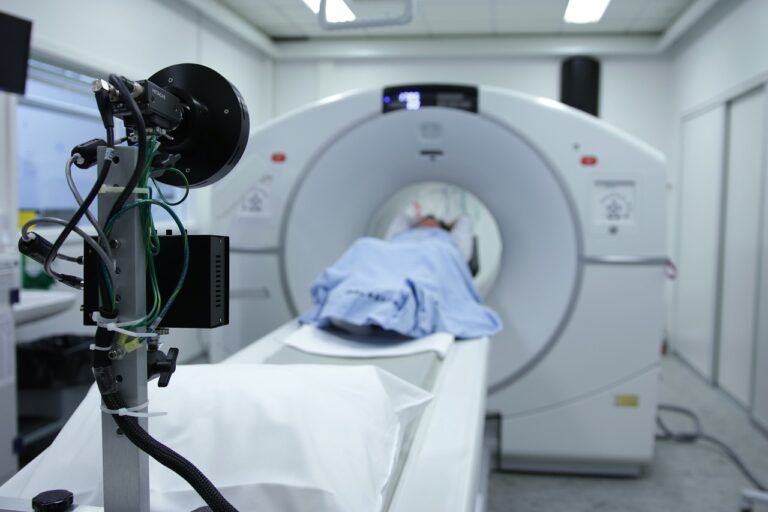
A large study led by Lund University in Sweden has shown that people with Alzheimer’s disease can now be identified before they experience any symptoms.

Researchers find people living in towns with lots of green space were least likely to have Alzheimer’s or Parkinson’s.

Taking a daily multivitamin supplement can slow age-related memory decline, researchers found.

The US Food and Drug Administration has announced the supplemental approval of Rexulti (brexpiprazole) oral tablets for the treatment of agitation associated with dementia due to Alzheimer’s. Learn more.

Meet ElliQ, a friendly little robot companion to brighten the days of older adults who spend most of their time at home.

Researchers find that people with dementia who received the drug suvorexant showed a drop in tau and amyloid beta. The drug is already available for sleep problems in Alzheimer’s. Learn more.

Canada’s first dementia village enables its inhabitants to live their lives in freedom and dignity, while ensuring they have person-centered care. Learn more.
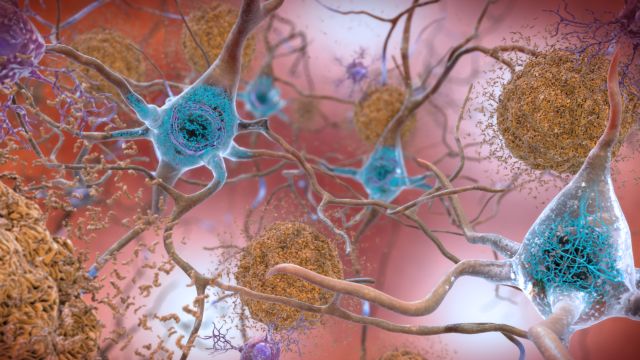
Research shows that lecanemab is the first drug ever to slow cognitive decline in Alzheimer’s. Learn more.

Getting out into the fresh air and taking a walk does good things for your brain and well-being, researchers say.

A new test that can be completed in less than three minutes enables simple, accurate detection of cognitive impairment and Alzheimer’s in cognitively normal adults, including those with no symptoms of dementia. Find out more.
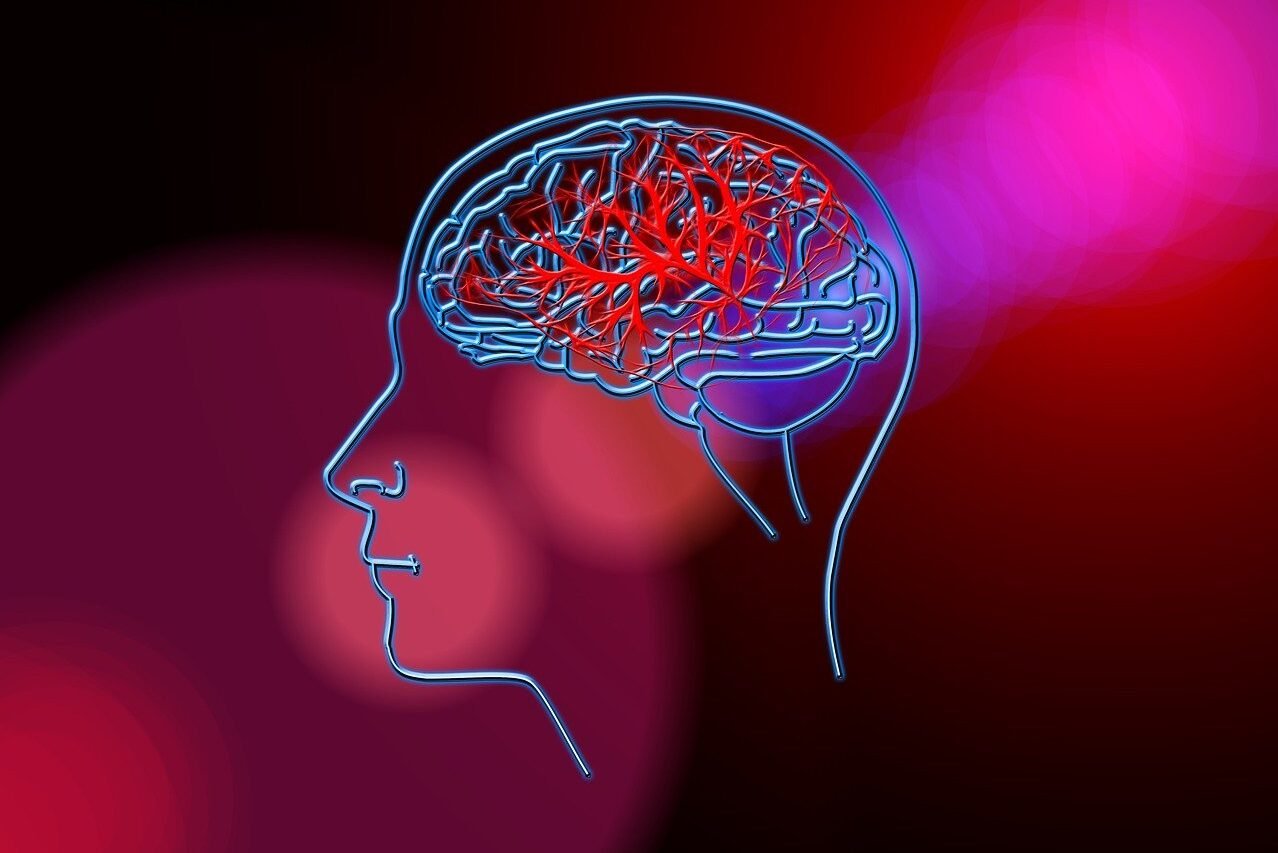
Scientists say the neurons responsible for transforming experiences into memories are always the first to go in Alzheimer’s. Now they’re taking a closer look to try to figure out why, and what to do about it.

Hospital stays with dementia should focus on elder safety. See a special ER for seniors, equipped with brilliant features that speed comfort and care to this population.

Researchers found in a study that people who developed dementia were more likely to have their credit rating drop at least two and a half years before the diagnosis. Some had problems managing their money up to six years before. Find out more.

Researchers find that a diet including more fruit, vegetables, beans and tea or coffee lowers the risk of developing dementia later in life. Learn more.
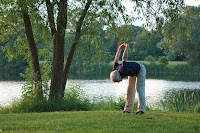
Did you know? Intellectual abilities are increased in the brain by an average 300% in most people ages 60-80.
No spam, only news and updates.

